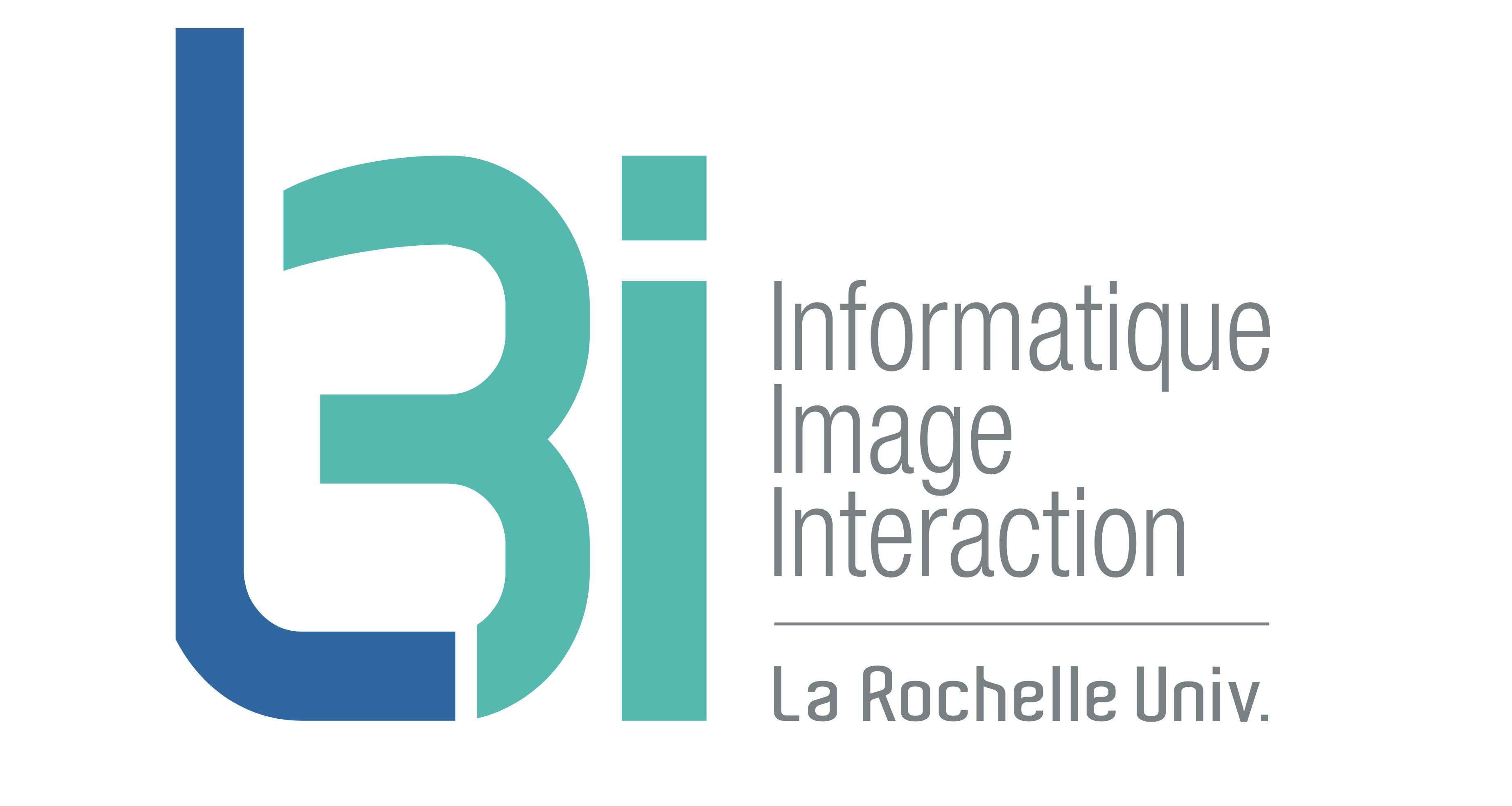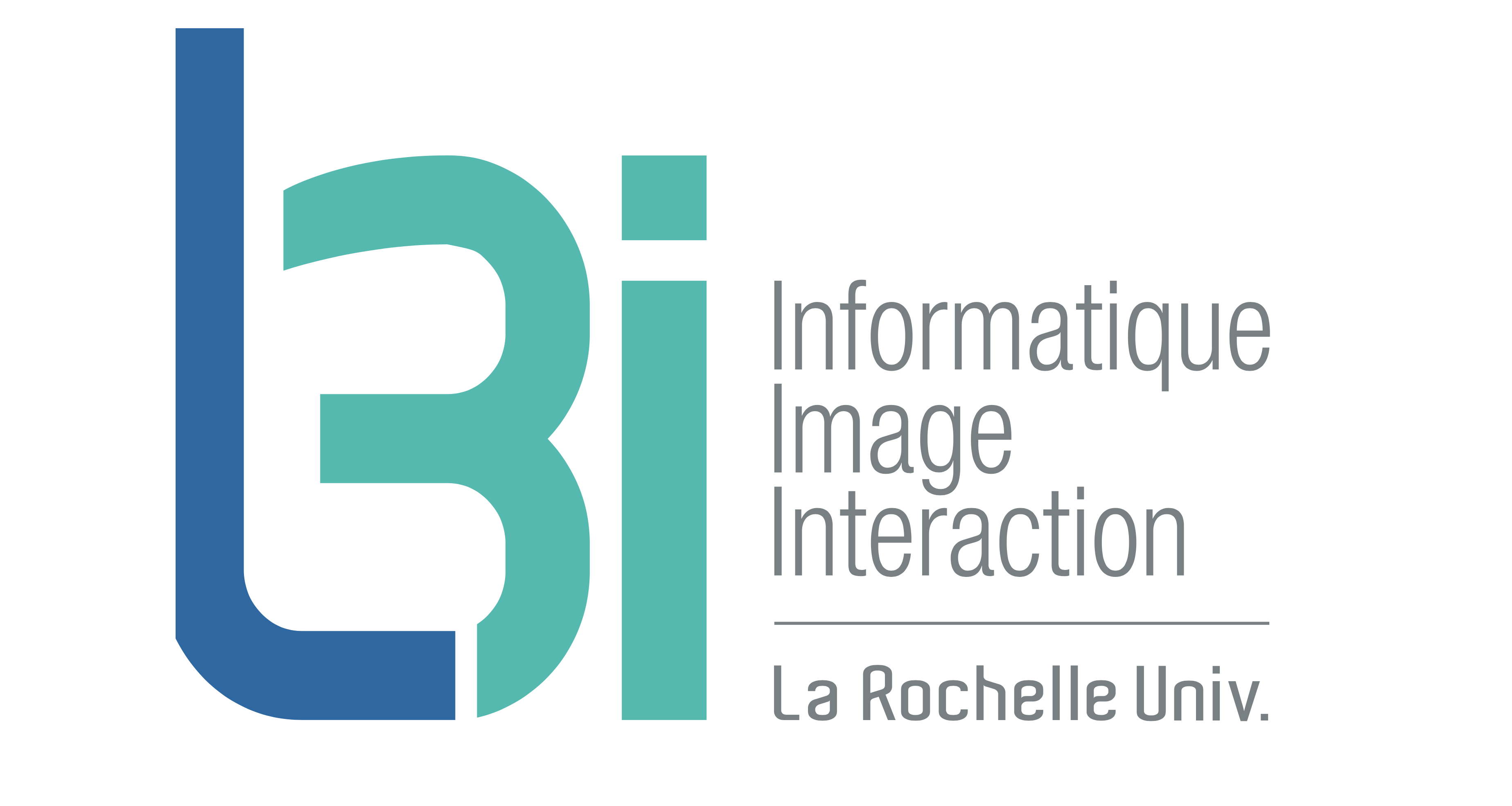Équipe Dynamique des Système et adaptivité (eAdapt) : ELGHARBI Salah-Eddine
Doctorant
Publié le
Thématiques de recherche : My research focuses on the design and optimisation of decentralised network architectures for resource-constrained systems operating in challenging environments, particularly wireless-unfriendly maritime zones. I specialise in routing and communication protocols for multi-hop and mesh topologies, with a strong emphasis on dynamic, mobile, and hard-to-reach settings within the Maritime Internet of Things (IoT). A core aspect of my work involves the integration of cross-layer design principles and opportunistic communication strategies to enhance network scalability, reliability, and energy efficiency. Furthermore, my background in decentralised systems, established during my graduation project, involved developing a decentralised architecture for executing mining algorithms using blockchain technology within cyber-physical systems, to ensure data integrity and preserve confidentiality across distributed systems.
Points forts des activités de recherche : Salah-eddine Elgharbi research is dedicated to the advancement of maritime monitoring, with a particular focus on buoy-based sensing systems designed to facilitate extended wireless coverage.
His work incorporates a realistic channel model within a custom-developed PETOOL LoRa physical layer, specifically adapted to maritime environments. The proposed solutions are validated using a dual methodology, combining NS-3 simulations with a real-world relay-based testbed. This research integrates opportunistic cross-layer optimisation, protocol design, and experimental evaluation to mitigate concurrent transmission issues. Firstly, the DLM-Net architecture was developed, a decentralised LoRaWAN mesh network designed for maritime sensor networks. It supports both relay and routing functionalities, enabling scalable and energy-efficient multi-hop communication using various LoRa/LoRaWAN parameters. Subsequently, two novel protocols were proposed: the Opportunistic Smart Routing (OSR) protocol and the Congestion-Aware Path Selection Protocol for Offshore LoRaWAN Networking (LoRaCAPS). Each protocol targets specific operational scenarios and significantly improves packet delivery ratios under delay-tolerant conditions, even in the presence of mobility and interference. Furthermore, this work evaluates dense network deployments with multi-gateway support, benchmarking the proposed protocols against established routing strategies such as the Greedy and Perimeter-based routing approaches.


